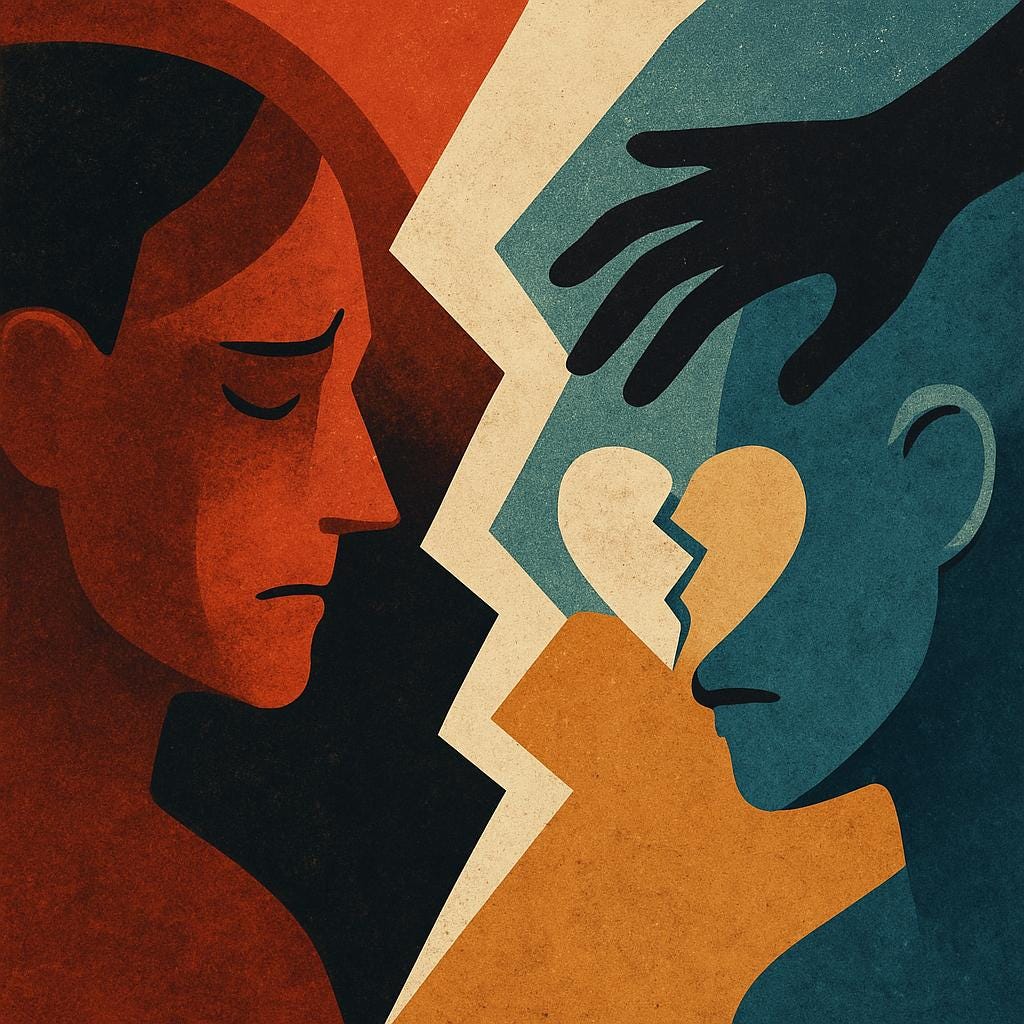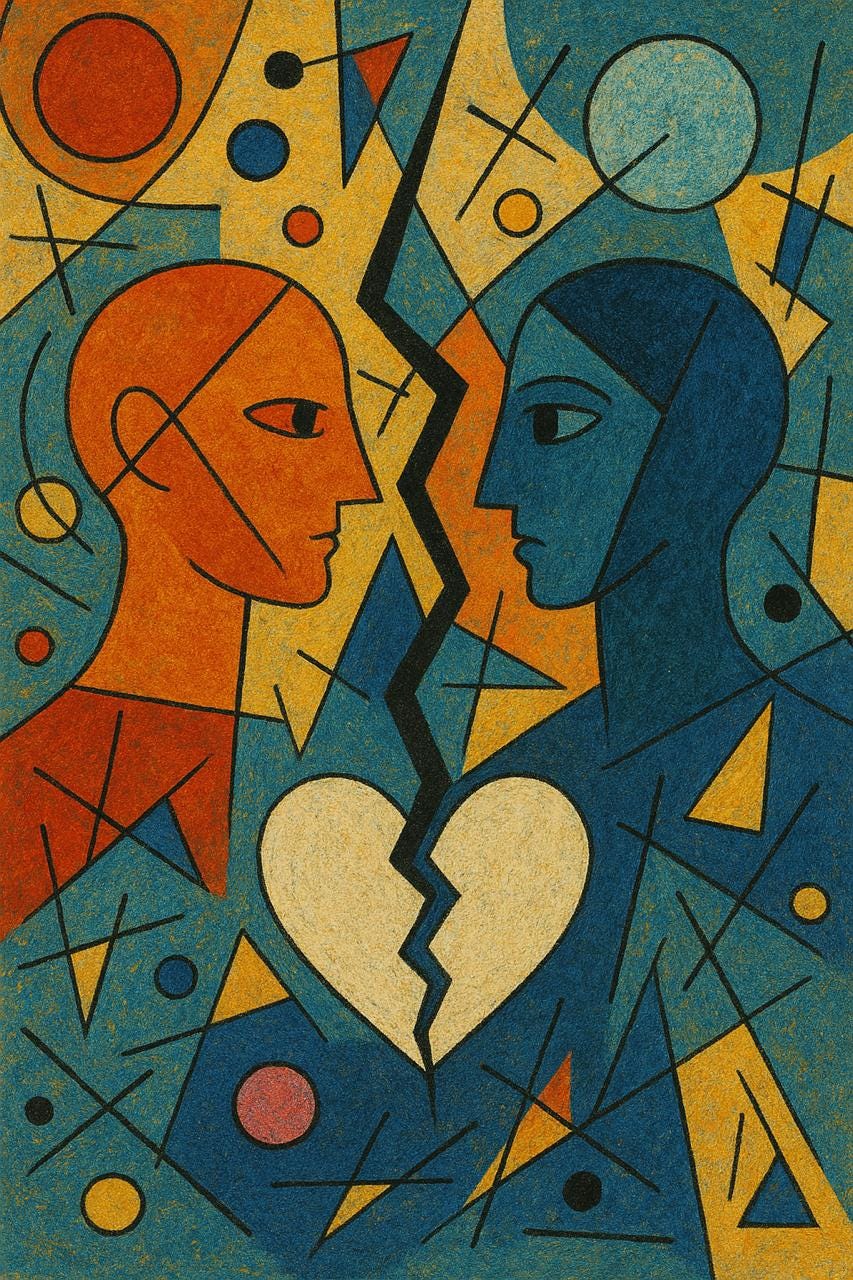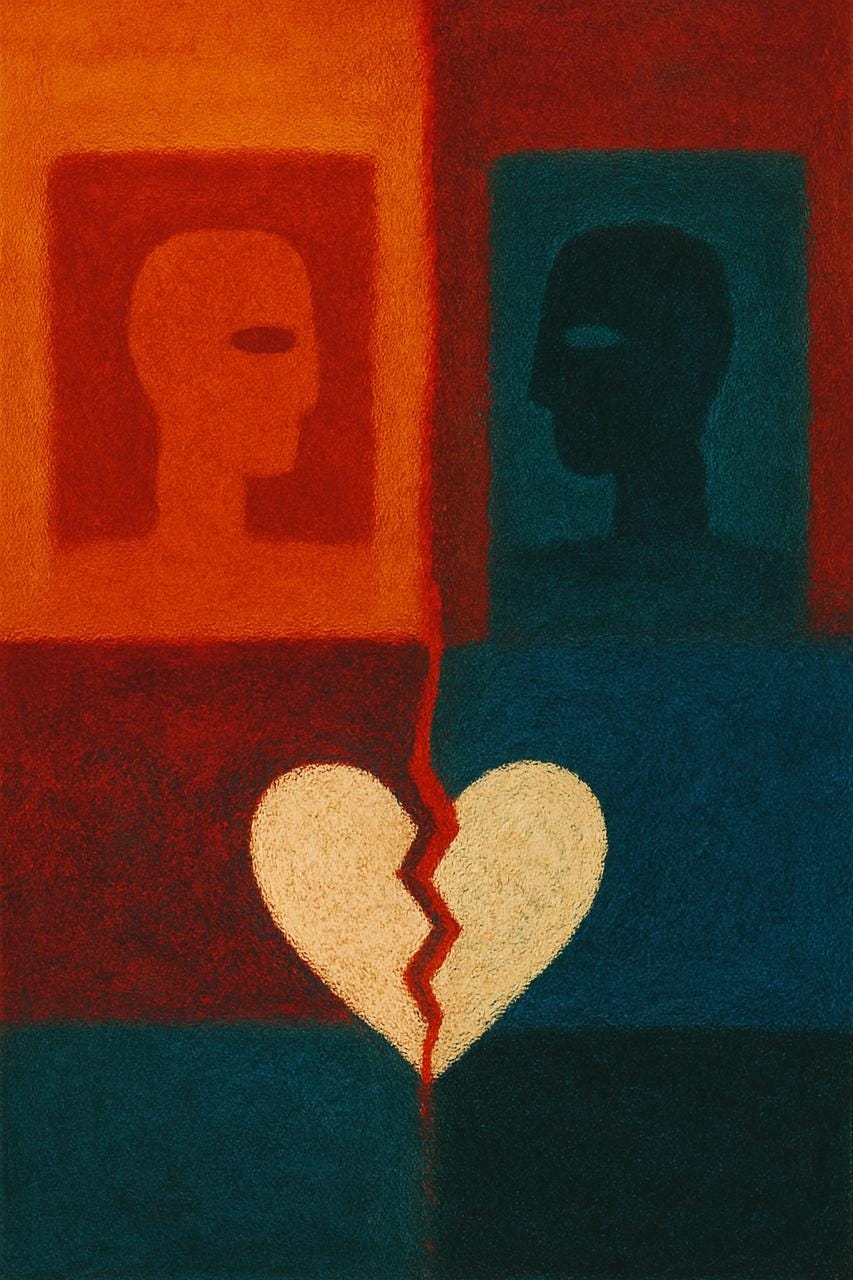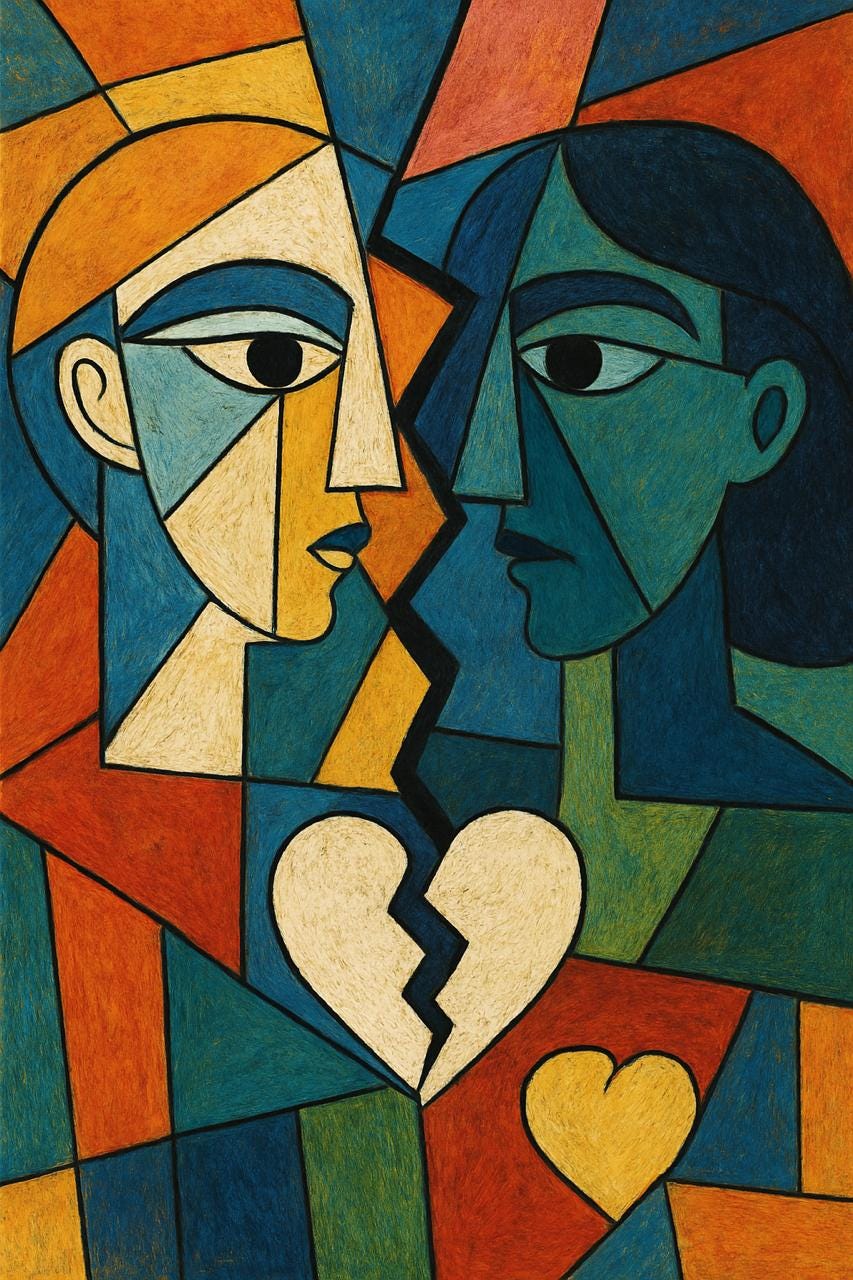Errors of Judgement
(when a friend steals)
I think more than anything else it was a feeling of sadness. The kind which comes when you know the dire consequences which follow something which is so unneeded, an act which is so unnecessary, an error of judgement which is heartbreaking,
We all knew her as that lovely girl with the brilliant smile, the one who was close to many of us, the one who always stopped by on my table in the cafeteria, came into my chamber with a worried brow, flashed a brilliant smile as we passed in the corridor.
But then she slipped.
She stole iPhones from a storage space, with complete in-adroitness, and a laissez faire attitude to what could happen. Because probably she'd done this before and had got away with it, possibly knowing that the recording of the closed circuit camera self-erased in a fortnight.
Being at the lower levels of a hierarchical tree also didn't help. However friendly you might be, however close you might be to senior colleagues, there are no friends when you are caught red-handed. You can be punished with impunity. Which she was - she lost her job the same evening her stealing was discovered.
In life, we figure out that we are often nothing more than our last deed.
I discussed this at the breakfast table at home - what would we do, how would we react if we found someone really close to us, having done something criminal. An embezzlement, a lie.
Mum said she would remain the same with the person, because these things are often a habit and not the person. Possibly a counselling is what would be required.
Darshi spoke about old timers stealing in her office and in spite of their long service her dad letting go of them immediately.
Tanu said it could be different whether it happens to you personally or it happens to someone else and you merely hear about it. And if it happens to us we just naturally gravitate towards never trusting that person for that particular thing.
We all agreed it wasn't simple.
A friend's non-payment of lacs of my son's dues was a burning example - and we were still friends. But it was a shallow pool we swam in now.
Another friend, a poet, was an example. She was part of our inner circle. We used to hang out together all the time. She turned out to be a serial plagiarist of poems. We all felt cheated, and the drift away from her just happened naturally.
Strangely, both these cases were personally contrarian. The one still close was a personal experience and the one cut off was someone whose deeds didn't affect us personally. And there was both an irony and a paradox attached to it.
In office, I have to perforce deal with people whose misdemeanours I know, but against whom no action was initiated because they served a functional purpose. And they come in front of me and talk about morality and the good things they are doing, and I know them for the hypocrites they are. But I deal with them, albeit warily - careful, polite, but not equanimous.
One of the things which troubles me, when a deed is done, and the act revealed, is the lack of inquiry, the 'unasking', so to say, of a simple question - "why did you do it?"
We think the answers are obvious - but they often are not. And perspective is what often helps us reach a reason (however convoluted) - as also to reach our kind selves.
But many of us have moral red lines inside us, and anybody who crosses them, regardless of the reason, is written-off from our lives.
I can never forget the dilemma at the fulcrum of Vikram Seth's luminous 'The Equal Music' - a letter lying in the purse of the protagonist is read by her lover without her permission. And that becomes a litmus test of trust.
A senior colleague often says 'I can't half-trust someone.' Whilst that is true, in practical terms, he still works with people of questionable loyalties.
Some of our closest are those who have strayed in classical terms and we have reconciled to the fact, because there is a bigger picture. Are we being emotionally vulnerable or kind or practical? Who knows. We are all such complex beings.
Possibly, it all comes down to our inner being telling us - okay, we'll give her another chance. Or obversely, something inside telling us - this far, and no more.
Some poems on errors of different kinds -
I write, so you can enjoy and expand your world. Would you like to support me? Well, here’s what you can do -
share this post -
subscribe if you still haven’t -
tell me of your thoughts -





It is easy to judge others, be it a right judgement or wrong. It gives us the power to be one up over the one who is charged guilty. But what about us being in that spot? Stealing someone’s trust, taking advantages of certain situations, or lying to one to save a situation that we very well know deep down was our own misdeed cover up. We all do things hoping we won’t get caught. We always have a justification to ourselves for doing it in the first place but also knowing in our hearts that if we get caught we are going to be marked guilty and a topic of gossip/ discussion for ever and that too by hypocrites who have been there, done that too just haven’t caught by someone who can punish you enough.